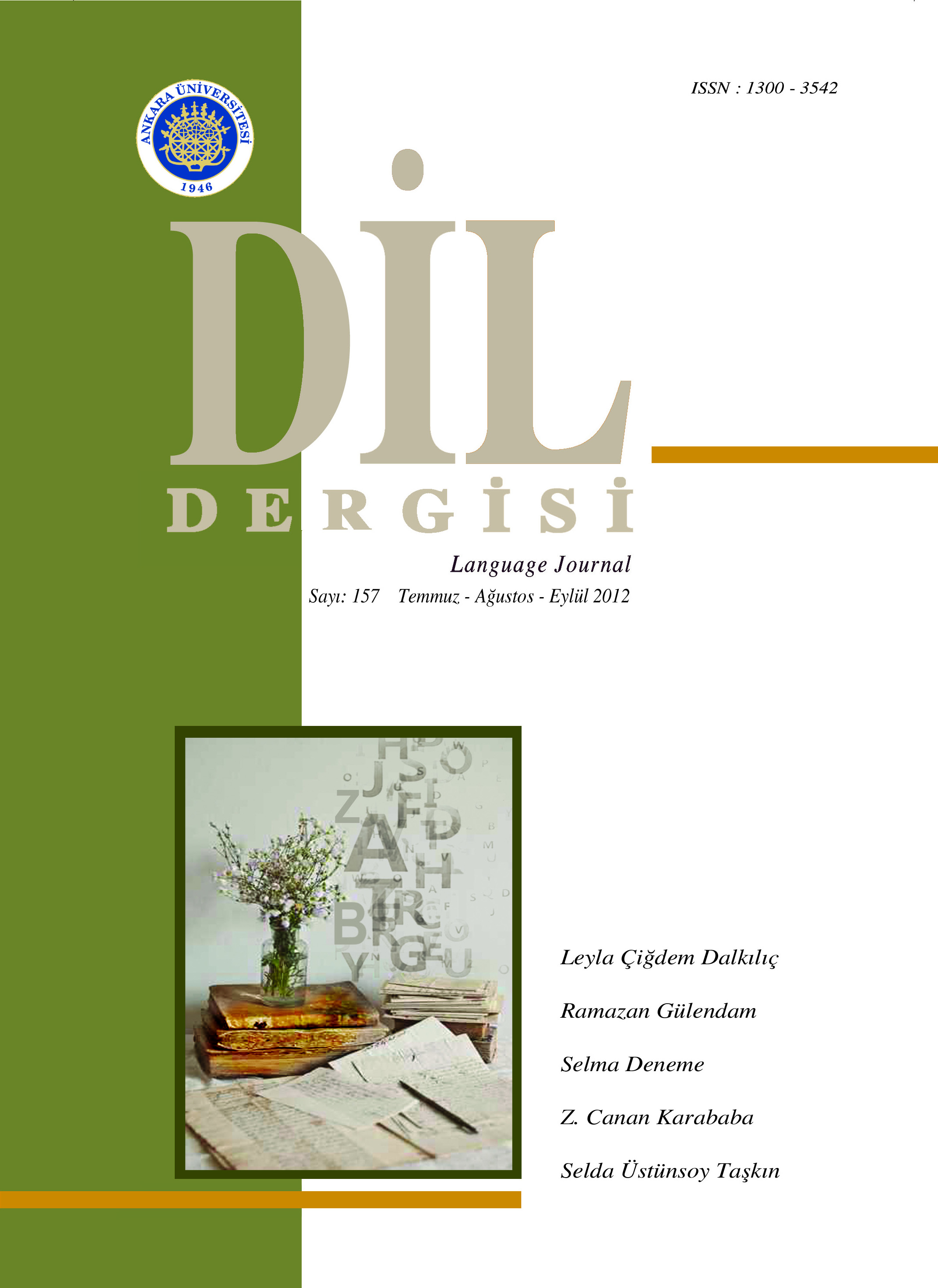Çağdaş Rus Dilinde Emir Kipindeki Çok Anlamlılık Sorunu
Polysemy Problem of Imperative in the Modern Russian Language
Author(s): Leyla Çiğdem DalkılıçSubject(s): Language studies, Education, Foreign languages learning, Eastern Slavic Languages
Published by: Ankara Üniversitesi TÖMER
Keywords: Russian language; the imperative; polysemy; usage features;
Summary/Abstract: In Russian, that contains rich language structures, the imperative form can also be used beyond its primary meaning of the directive. Those structures which are used in the imperative form but which do not have a directive meaning mean stipulation, requirement or necessity. In this case, the Russian imperative form gives rise to polysemy causing debates whether the connotations should be handled within this structure. To understand the different connotations of the imperative form and which connotation is meant by the form used is important for the translations from Russian to Turkish. In this study, the Russian imperative, its primary and secondary meanings and the usage features of this structure will be examined.
Journal: Dil Dergisi
- Issue Year: 2012
- Issue No: 157
- Page Range: 7-20
- Page Count: 14
- Language: Turkish

